What is chloramine?
Chloramines are used to disinfect and kill germs in drinking water. Chloramines are most commonly formed when ammonia is added to chlorine to treat your drinking water. Chloramines provide longer-lasting disinfection as water moves through pipes.
1 in 5 Americans uses drinking water treated by chloramines.
Many public water systems (PWS) use chlorine as their primary disinfectant, but many PWSs use chloramines as their secondary disinfectant to meet disinfection byproduct requirements.
There are 4 different types of chloramines:
- Monochloramine: when chloramines are used to disinfect water, monochloramine is the most common form.
- Dichloramine: is produced when treating drinking water, but at much lower levels than monochloramine.
- Trichloramine: typically associated with disinfecting the water used in swimming pools. Can also be produced when treating drinking water, but at much lower levels than monochloramine.
- Organic Chloramines: are produced when treating drinking water, but at much lower levels than monochloramine.
Are chloramines safe to drink?
The EPA requires water utilities to meet strict health standards when using chloramines in water. The EPA’s regulation of chloramines is based on the average concentration of chloramines found in a water system over time.
The EPA regulates certain chemicals formed when chloramines react with natural organic matter in water.
Water that contains chloramines and meets EPA regulatory standards is safe to use for:
- Drinking
- Cooking
- Bathing
- Other household uses
Current studies indicate that using or drinking water with small amounts of chloramines is not harmful to your health.
Up to 4 milligrams per liter (or 4 parts per million) of chloramines in drinking water are considered safe.
Harmful Effects of Chloramines
While small amounts of chloramines are not harmful to most, they do pose a risk to hemodialysis patients and fish. For more information, we recommend reading the Water Quality Association’s (WQA) Fact Sheet on Chloramines.
How do I know if I have chloramines in my water?
If you are concerned about having chloramines in your water, we recommend you test it first. Try this Water Works 2 Free & Total Chlorine Testing Strips. These test strips will allow you to test your water for free chlorine, total chlorine, and chloramines.
Water Works 2 Free & Total Chlorine Testing Strips
What will filter out chloramines?
According to the WQA the most effective treatment methods for filtering out chloramines from your water are:
- Point-of-Entry: Activated Carbon
- Point-of-Use: Catalytic Activated Carbon

How to remove monochloramine from your water
We carry a variety of systems and filters that can remove chloramines from your water:
US-EZ-4 Culligan Under Sink Water Filter System
This easy-to-install system is perfect for your kitchen or bathroom sink and will be delivered filtered drinking water right to the tap! This under sink system has everything you need to remove bad tastes and odors from your water including chlorine, class 1 particulates, sediment, turbidity, lead, mercury, VOCs, MTBE, cysts such as cryptosporidium and giardia. Unlike the systems before it, the EZ-4 will filter out chloramines from your water.

US-EZ-4 Culligan Under Sink Water Filter System
OmniFilter OT32 Dual Stage Under Sink Filter
The OmniFilter Dual Stage Under Sink Filter is another easy-to-install system that will deliver great-tasting, clean water directly to your tap. This under sink filter system using RS14 and CB3 Carbon Filter (Series B) will reduce rust and sediment, chlorine, lead, cysts, mercury, MTBE, chloramines, and VOCs from your drinking water. Plus, it comes with everything you need including a wrench, long reach lead-free faucet, filter housings, and two filter cartridges.
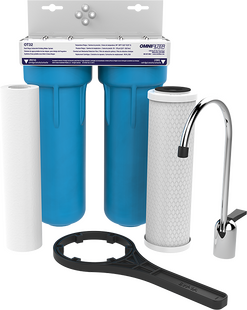
OmniFilter OT32 Dual Stage Under Sink Filter
Aquasana Countertop Water Filter System
The Aquasana AS-DW-CT-W Countertop Water Filter System features selective Claryum Filtration that reduces 77 contaminants while retaining beneficial minerals for optimal hydration. It also uses a dual filtration system that that includes activated carbon that reduces organic chemicals like herbicides, pesticides, VOCs, and MTBE. Plus, its catalytic carbon targets chlorine and chloramines and its Absolute Sub-Micron Mechanical Filtration captures asbestos and chlorine resistant cysts like cryptosporidium and giardia. This must-have countertop filter system is NSF Certified and is easy to install, replace, and maintain.
Aquasana AS-DW-CT-W Countertop Water Filter System
Add to Cart

Not interested in a full installation filtration system? These pitchers are excellent alternatives and contain powerful filters that will keep chloramines out of your water:
Invigorated Water PH RESTORE Glass Water Filter Pitcher
This beautifully designed Invigorated Water PH RESTORE Glass Water Filter Pitcher includes a powerful water filter cartridge that uses activated carbon filter media to reduce numerous contaminants including chloramines, so you know you’re drinking the healthiest and best tasting water right from your tap.

Invigorated Water PH RESTORE Glass Water Filter Pitcher
Invigorated Water PH REFRESH Alkaline Water Filter Pitcher
This simple and convenient water filter pitcher features Invigorated Water’s PH001 filter which uses activated carbon block filter media to filter out contaminants like chloramines and add back healthy minerals like selenium and calcium, so you know you’re getting the best tasting and healthiest water you can with each pour.

Invigorated Water PH REFRESH Alkaline Water Filter Pitcher
Have a question about chloramines that we didn’t answer? Let us know in the comments.


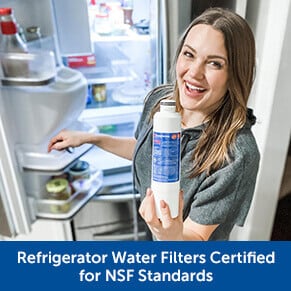



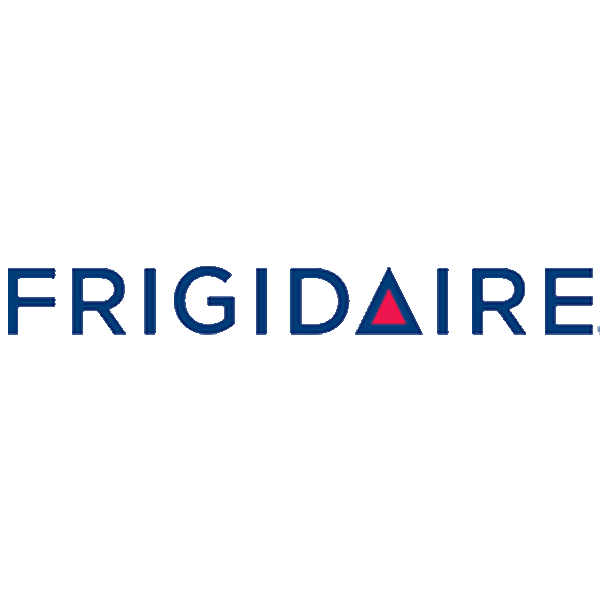


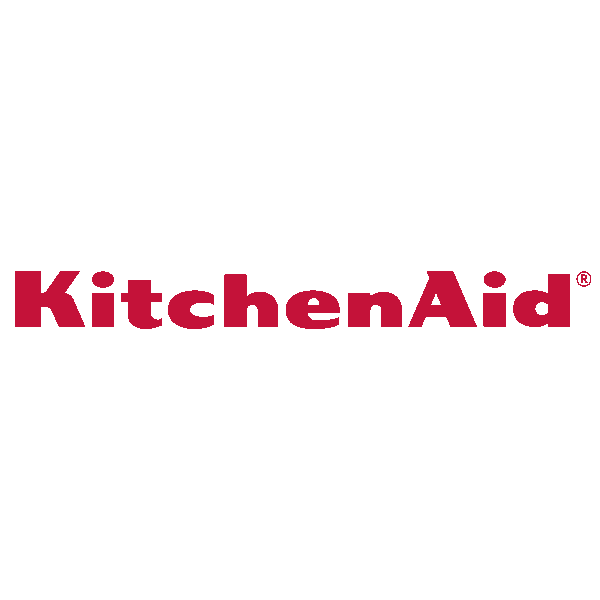


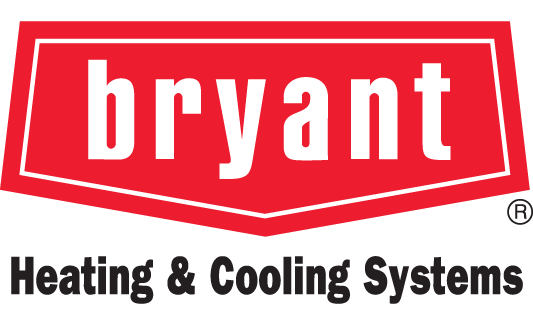
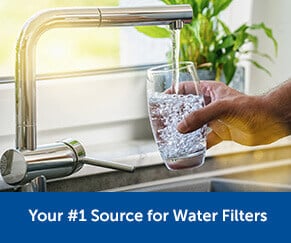



Leave a Reply